Matt Damon’s Worst Epic Blockbuster Conquers Netflix
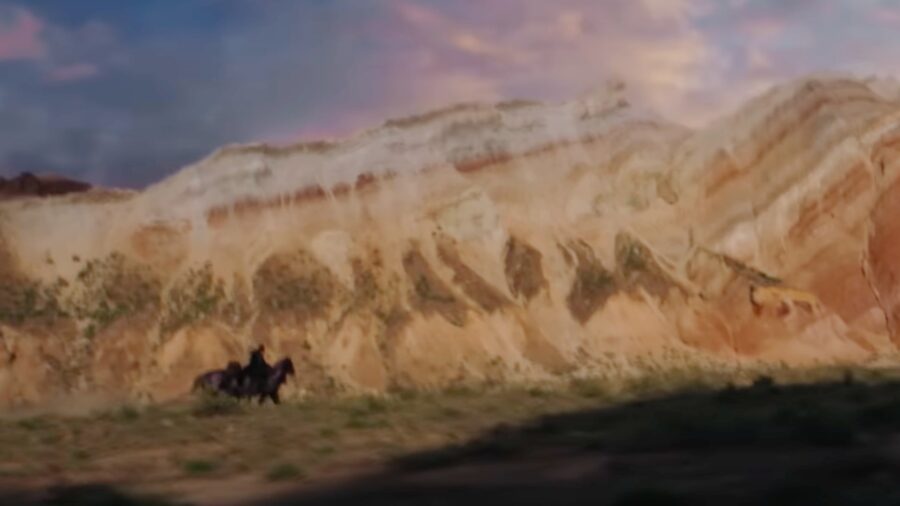
Loyal Matt Damon fans are apparently also Netflix subscribers. Why? A film often labeled as one of the actor’s least successful forays into blockbuster territory (no, not We Bought a Zoo) has encountered new life on Netflix, climbing to become the third most streamed title. The historical action film in question, The Great Wall, is famous, or infamous, for its humongous scale and ambitious cross-cultural collaboration.
An Ambitious Flop
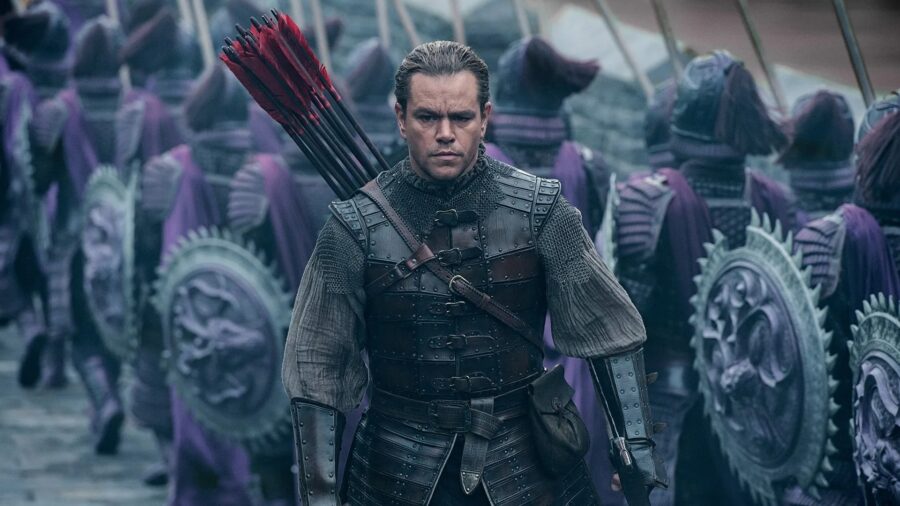
Renowned Chinese filmmaker Zhang Yimou directed the film, which debuted in 2016–its promise to provide an epic, visually stunning experience proved empty, at least at the box office. Yes, sadly, the movie’s attempt to merge Western and Eastern cinematic elements—aiming to draw both markets at the same time—proved an unsuccessful, high-stakes gamble. While appearances suggest the $335 million earned globally exceeds the $150 million budget, all parties involved ended up losing $75 million, when accounting for marketing and other ancillary expenditures.
The Great Wall Made To Stop Lizards
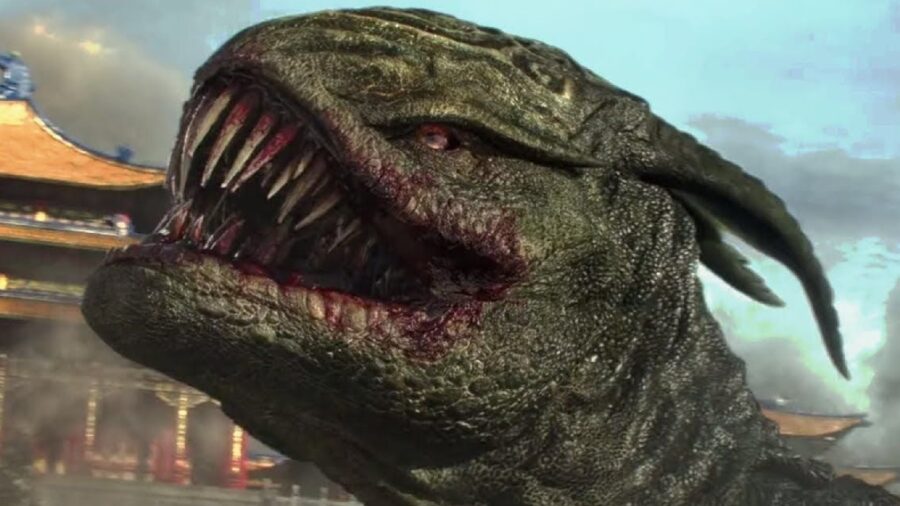
The film’s central narrative gambit reimagines one of the world’s most iconic wonders: the Great Wall of China. In this alternative version of history, the wall functions to do more than fortify the Middle Kingdom from the threat of Mongolian invaders–it does double duty as a bulwark against a more supernatural threat—monstrous creatures known as the Tao Tei.
The Tao Tei are depicted as green, ravenous beasts—kind of, dog-meets-alien. Their backstory is as follows: the baddies originate from a green meteor that collided with Earth a few thousand years before the events of the movie. Attacking in swarms, a queen directs the Tao Tei, thus roiling the attack-dog, alien, and insect tropes into one.
The Nameless Order
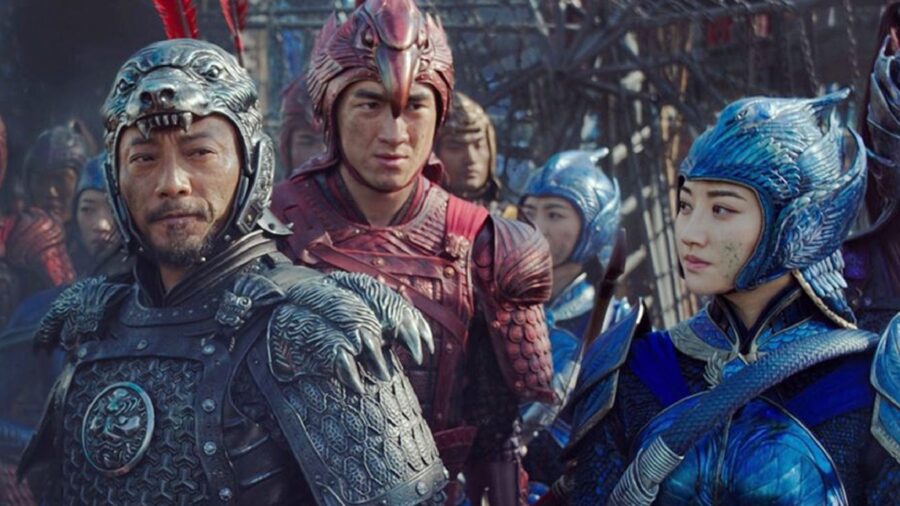
The film largely revolves around a European mercenary, William Garin (played by Damon). Together with his trusty comrade, Pero Tovar (portrayed by Pedro Pascal, who would go on to at least feature in Every Movie All The Time), the two foreigners search the East for a fabled “black powder” capable of revolutionizing warfare back home.
However, their quest features an unexpected turn when an elite army stationed near The Great Wall, The Nameless Order, captures them. Concerned with much more than a pair of pesky Westerners, The Nameless Order prepares for a monstrous onslaught.
Luckily, said Order is a disciplined, highly trained, and especially badass outfit, especially due to the leadership of their Commander, Lin Mae (played by Jing Tian). Lin Mae’s platoon is broken down into highly specialized units—archers, infantry, and acrobatic warriors—all sporting compelling, color-coded armor, a nice visual twist.
Action-sequence wise—and this is, after all, an action film, however historical or international—this army’s organization and its strategic use of the Great Wall’s defenses function centrally to the story.
As Garin becomes more committed to the defenders’ cause, he transitions from a selfish merc to a hero capable of sacrifice. But will his efforts save The Great Wall and China from alien hordes be in vain?
Western Critics Panned The Great Wall
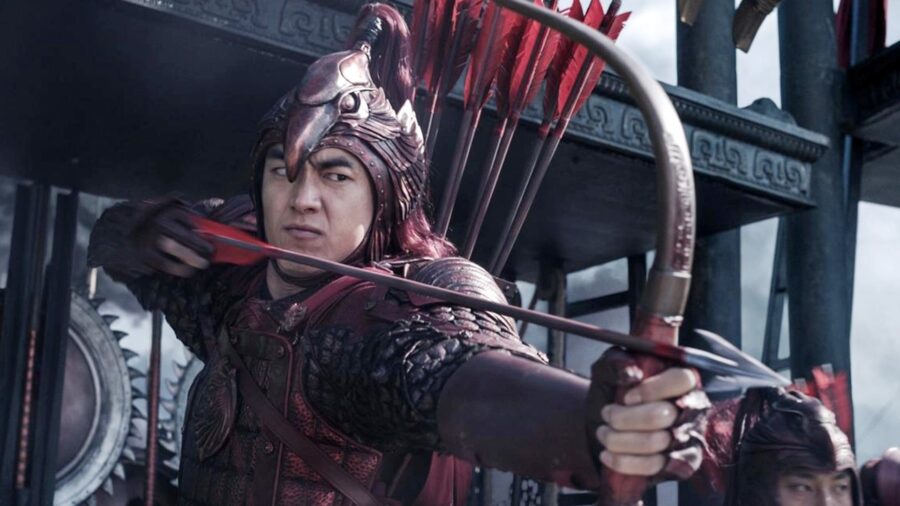
The Great Wall received a mixed response from critics. That said, notable differences existed between the American and Chinese reactions. Stateside, the film was widely criticized for its narrative and thematic elements; American critics panned what they perceived as a lackluster plot and thin character development, all of which failed to support the constant and largely engaging visual spectacle.
Controversy also surrounds Matt Damon’s casting choice in the lead role; many decry this as yet another instance of the “White Savior” trope in film.
In China, Critics Liked It A Little Bit More
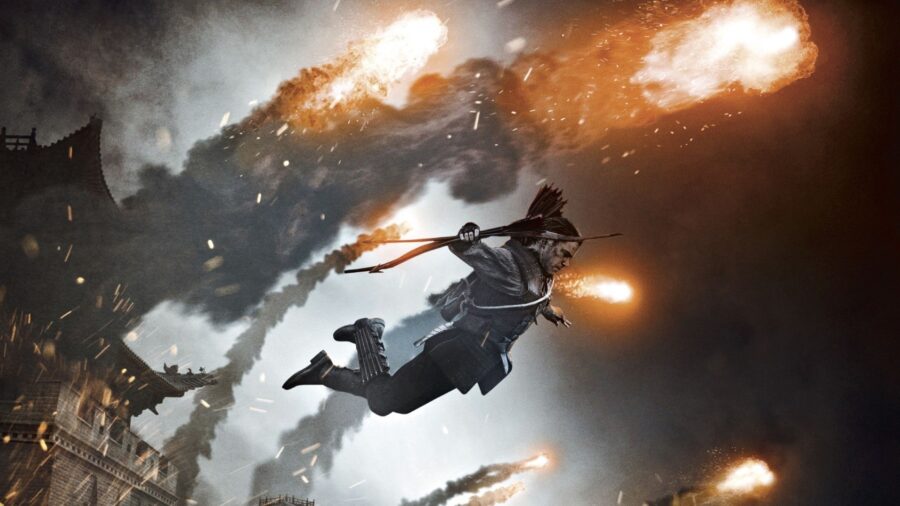
On the other hand, the Chinese response to The Great Wall proved more optimistic—though still mixed. Critics in China enjoyed the movie’s visual effects and action sequences, alongside the sheer ambition of the production’s scale, demonstrating Yimou’s signature style in all its vibrant, choreographed greatness. East Asian critics also recognized the themes of Chinese strength and heroism, which they appreciated as a respite to the typically Western blockbusters trotted out yearly.
A Streaming Hit, In Spite Of Everything

This brings us to today’s odd resurgence. Indeed, if The Great Wall were a box-office frustration, its rising star in the streaming world could point to the fact that, in 2016, studios and marketers weren’t aware yet of the potential of streaming for major, international releases.
After all, in content production, everything before the Pandemic generally adhered to an increasingly defunct model revolving around theatrical releases preceding their streaming ones.
It could be that the vast scope of the film, the aliens, Matt Damon in Chinese armor, etc., lends itself more to people at home, casually opting for an interesting-looking, if not weird, lesser-known title.
In any case, be sure to check out the increasingly popular The Great Wall on Netflix.












